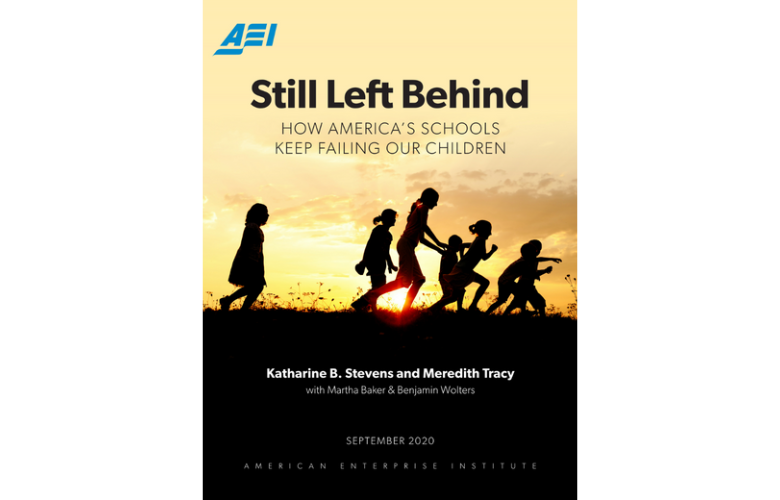Virtual Teaching During COVID-19: Report from the Front
Event Summary
On February 2, AEI’s Katharine B. Stevens hosted an event with four educators working in disadvantaged Bay Area communities who described their experiences teaching virtually during COVID-19 and shared views on how to get children back on track when schools reopen.
Four key themes emerged during the conversation. First, at its core, teaching is about building human connection. The panelists discussed the difficulty of cultivating that essential connection with their students via Zoom and how they have worked to overcome this challenge. Second, the panelists have found that greater connection to their students’ families is an unexpected silver lining of remote teaching. Parents are more aware of and engaged in their children’s education; some have even begun adopting teachers’ techniques to help their children learn. This strengthened relationship with parents is a valuable outcome that the panelists hope to find ways to continue when schools reopen.
Third, a comprehensive grasp of the pandemic’s effect on children’s learning and development will not be possible until children return to school in person. Lastly, educators need to be central voices in policy conversations about recovery after the pandemic. Too often, great ideas are proposed but cannot be realistically implemented. Collaboration between policymakers and educators will be key to finding innovative and effective solutions.
Event Description
Since COVID-19 forced school closures last spring, millions of children have been in “virtual school” — attending classes solely via video from their homes. While some schools have now reopened, large numbers of disadvantaged students are still learning only online.
Experts have focused on how virtual school has affected children, especially low-income students who often face multiple barriers to successful online learning. But how is the pandemic affecting their teachers?
Please join AEI for a conversation with four educators from disadvantaged communities in California’s Bay Area. What is virtual teaching like day-to-day? How has it affected them as teachers? How is it affecting their students’ learning? And when all schools finally reopen, how can the most-vulnerable children’s needs be addressed?
AGENDA
10:00 AM
Welcome and opening remarks:
Katharine B. Stevens, Visiting Scholar, AEI
10:10 AM
Panel discussion
Panelists:
Stephen Cilono, Eighth Grade Teacher, Lazear Charter Academy, Education for Change Public Schools
Margaret Goldberg, First Grade Teacher, Howard Elementary, Oakland Unified School District
Lani Mednick, Assistant Principal of Instruction, ASCEND, Education for Change Public Schools
Jasmin Tow, Assistant Principal, Aspire Monarch Academy, Aspire Public Schools
Moderator:
Katharine B. Stevens, Visiting Scholar, AEI
11:15 AM
Q&A
11:30 AM
Adjournment
See Also
Op-Ed ~ January 6, 2021
Blog ~ December 21, 2020
Report ~ September 21, 2020




